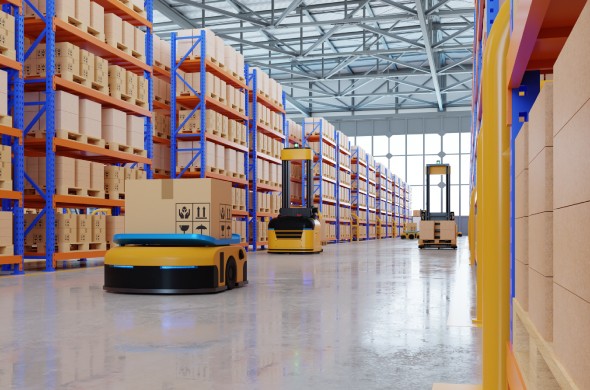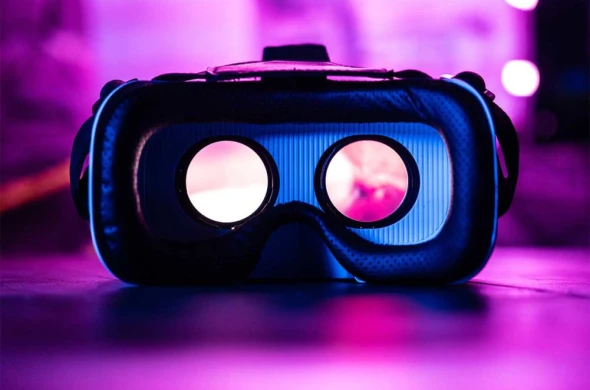-
Consulting
-
Market Analysis
Analyze market size, dynamics, segmentation, opportunities & latest trends.
-
Competitive Analysis
Assess the strengths and weaknesses of current and potential competitors.
-
Benchmarking
Compare business processes and performance metrics to industry best practices.
-
Brand Audit
Analyze how a brand is performing in the market and against the competition.
-
Mystery Shopping
Gather primary data incl. customer experience to measure internal & external performance.
-
Data Analytics
Inspect, transform, model and visualize data to draw out actionable insights.
-
Strategic Planning
Develop strategic direction and objectives, strategies to achieve them, and evaluate results.
-
Growth Strategy
Develop strategy to increase market share by expanding markets &/or products offered.
-
Go-To-Market Strategy
Develop action plan to reach target customers and achieve competitive advantages.
-
Branding Strategy
Develop plan to achieve goals for the identification and preference of a brand by consumers.
-
Customer Experience Strategy
Develop plan to increase customer experience, satisfaction & engagement across touchpoints.
-
Digital Strategy & Transformation
Develop plan for integrating and using digital solutions to improve all aspects of a business.
-
Business Plan
Develop a plan that outlines business goals and details how to achieve those goals.
-
Feasibility Study
Assess if a proposed business, project, product or service will be successful and how.
-
Customer Journey
Create a series of experiences customers go through when interacting with a company & brand.
-
Financial Forecasting & Analysis
Develop comprehensive financial models to forecast the potential future results.
-
Performance Improvement
Develop a plan outlining performance issues and how to solve them across the organization.
-
Market Analysis
-
Design
-
Brand Audit
Evaluate brand position, its strengths & weaknesses, and how it is perceived in the market.
-
Brand Competitive Analysis
Evaluate competitors strategies to determine strengths & weaknesses relative to a brand.
-
Brand Benchmarking
Compare brand coverage and performance to competitors across different channels.
-
Branding Strategy
Develop plan to achieve goals of a brand portfolio for the identification and interaction by consumers.
-
Brand Architecture
Develop the org structure of a brand portfolio, sub-brands, products, &/or services.
-
Brand Conceptualization
Envision the brand idea through development of brand assets and collaterals.
-
Brand Story
Develop cohesive narrative that encompasses facts & feelings that are created by a brand.
-
Brand Identity
Develop brand visible elements that identify and distinguish the brand in consumers minds.
-
Brand Expression
Develop assets used to showcase & express a brand across different channels and use cases.
-
Packaging Competitive Analysis
Evaluate competitors packaging design and determine strengths and weaknesses.
-
Packaging Benchmarking
Compare packaging design with competitors and its performance across different channels.
-
Packaging Conceptualization
Develop the packaging design concept idea relevant to business strategy and ambitions.
-
Packaging Visualization
Develop the packaging design 3D visuals & mockups with content information and illustrations.
-
Packaging Technical Roll-out
Develop the print ready technical packaging artworks and coordinate production.
-
Retail Store Mystery Shopping & Audit
Gather data and measure retail store performance across different formats online & offline.
-
Retail Store Competitive Analysis
Assess the competitive advantages of current and potential retail stores competitors.
-
Retail Store Customer Experience Strategy
Develop step-by-step experience across all touchpoints in and around the retail environment.
-
Retail Store Vision & Concept Creation
Develop the vision and concept of the retail store considering ambitions and objectives.
-
Retail Store Zoning & Layout Design
Plan & place store zones, experiences & products considering operational & customer flows.
-
Retail Store Customer Journey Design
Design a journey map to optimize experience across the retail environment touchpoints.
-
Retail Store Merchandising & Category Management
Plan and design product placement and display in the store to increase conversion and sales.
-
Retail Store Design Development
Develop the retail store 3D realistic visuals showcasing materials, fixtures, merchandise etc.
-
Retail Store Technical Design
Develop the technical documentation of the retail store design for execution.
-
Experience Competitive Analysis
Assess the strengths and weaknesses of different experiences offered by competitors.
-
Experience Vision & Concept Creation
Develop the vision and concept of the experiences considering ambitions and objectives.
-
Experience Zoning & Layout Design
Develop zoning and circulation plans of the different experiences considering operational & customer flows.
-
Customer Experience Journey Mapping
Design a customer journey map, a visual story of customers interactions within the experiences.
-
Experience Design Development
Develop the experience 3D realistic visuals showcasing the materials, technologies, spaces, etc.
-
Experience Technical Design
Develop the technical documentation of the experiences for execution.
-
Brand Audit
-
Execution
-
Project Management Office (PMO)
Assign a PMO team to oversee the execution of different strategic objectives and projects.
-
Tender Package
Prepare and issue tender package to pre-qualified bidders to execute a project.
-
Execution Supervision
Supervise the execution of projects to ensure alignment with agreed designs & specs.
-
Project Management Office (PMO)
































